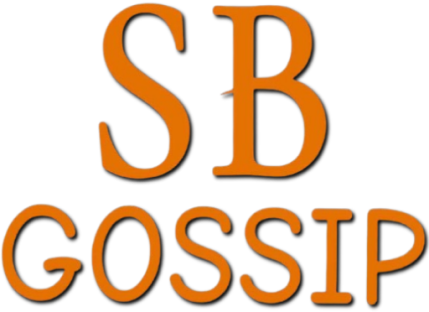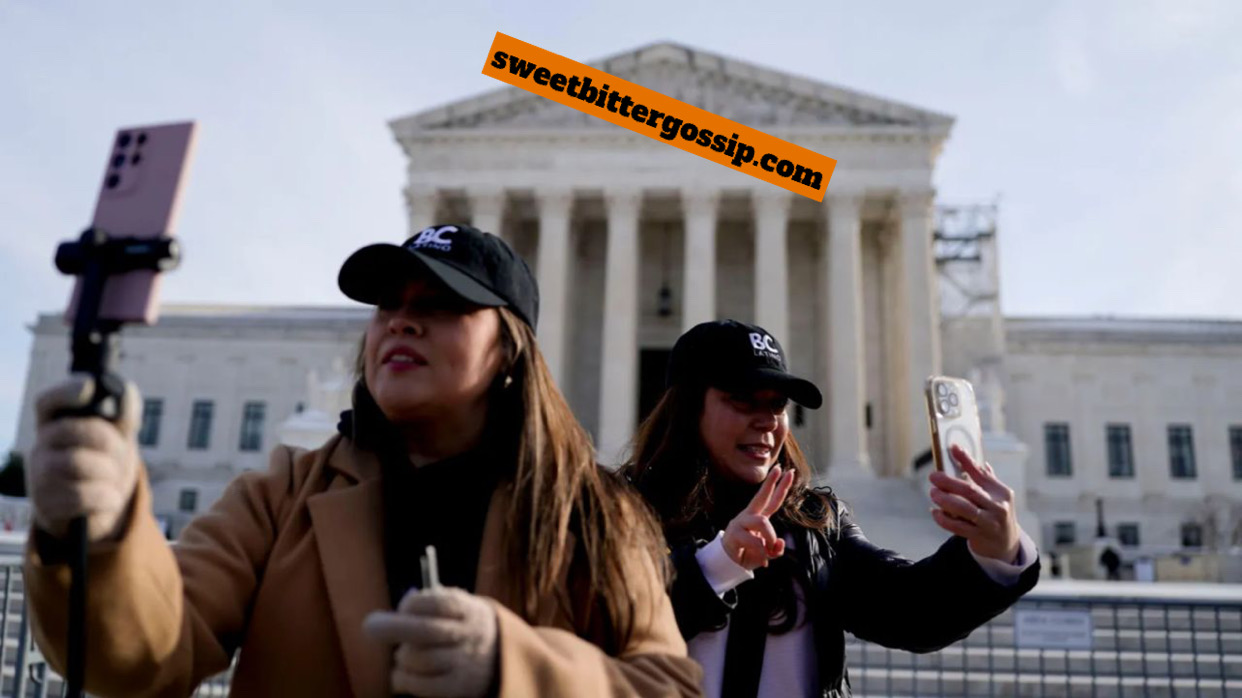The U.S. Supreme Court appears ready to uphold legislation that could effectively ban TikTok unless its Chinese parent company, ByteDance, sells the platform. The law, set to take effect on January 19, requires TikTok to cease operations in the U.S. unless it separates from ByteDance. The decision comes after years of bipartisan concern over TikTok’s potential use as a tool for espionage and political manipulation by China.
During a hearing, TikTok’s lawyers argued that the ban violates First Amendment rights, as the platform serves over 170 million U.S. users. Content creators also voiced concerns about the implications for free speech, while the U.S. government emphasized national security risks. A decision by the court is expected soon, with President-elect Donald Trump—returning to the White House in just over a week—calling for a delay to seek a “political solution.”
The Law and Its Implications
The law, passed by Congress with bipartisan support, does not outright forbid TikTok’s use but prohibits app stores like Apple and Google from offering it or providing updates. Analysts suggest this would effectively render TikTok unusable over time. ByteDance has refused to sell the platform, maintaining that the legislation infringes on free speech rights.
TikTok has consistently denied allegations of influence from the Chinese Communist Party. Noel Francisco, a former U.S. solicitor general representing TikTok, argued the ban constitutes censorship. “The government cannot restrict speech in order to protect us from speech,” he stated, warning that such actions could set a dangerous precedent.
Platform creators echoed these sentiments, with Stanford University law professor Jeffrey L. Fisher, representing content creators, noting that ideological campaigns from foreign adversaries are not new. He argued that ideas, even controversial ones, do not pose a direct threat to national security under the First Amendment.
National Security Concerns
The U.S. government contends that ByteDance’s ties to China pose a significant threat. Justice Department lawyer Elizabeth B. Prelogar warned that Beijing could exploit TikTok to harm the U.S., citing the vast amount of user data the app collects. Conservative Chief Justice John Roberts questioned TikTok’s lawyer about ByteDance’s obligations to the Chinese government, asking if the court should ignore these ties.
Justice Brett Kavanaugh highlighted the government’s concerns, describing the potential misuse of user data as a “huge concern for the future of the country.” These arguments dominated the nearly three-hour session, with justices grappling with the balance between free speech and national security.
TikTok’s Potential Shutdown
Without intervention, TikTok’s U.S. operations could halt on January 19. TikTok’s lawyer argued that this move would cause the platform to “go dark,” impacting millions of users and creators. Prelogar suggested that a shutdown might pressure ByteDance to sell, likening the situation to a “game of chicken” where the U.S. should not blink first.
Observers predict the court will side with the government, citing the Supreme Court’s history of deferring to national security concerns. University of Richmond law professor Carl Tobias said, “I expect the justices, by a majority, will side with the government.” However, Jacob Hubert, president of the Liberty Justice Center, noted that the ban would significantly impact Americans’ free speech rights, an argument effectively made by TikTok’s lawyers.
Creators and Users Speak Out
The potential ban has sparked outrage among creators who rely on TikTok for income. Chloe Joy Sexton, one of the plaintiffs in the case, said the platform provides financial independence for many, including mothers. “A TikTok ban would place these women, myself included, in true financial jeopardy,” she said.
Students and young users, many of whom view TikTok as a vital news source, also voiced opposition. Danielle Ballesteros, a UC San Diego student, called the app an essential platform for her generation despite admitting to spending excessive time on it.
More than a hundred people braved freezing temperatures to attend the hearing, highlighting TikTok’s cultural and financial significance.
Global Precedents
TikTok has faced scrutiny worldwide. It is already banned on government devices in several countries, including the U.K., and is completely banned in India. A three-judge appeals court previously upheld the U.S. law, citing China’s history of leveraging private companies for state purposes and labeling the measure part of a broader strategy to counter national security threats.
As the January 19 deadline looms, the Supreme Court’s decision could set a precedent for regulating foreign-owned tech platforms in the U.S., balancing security concerns with constitutional rights. Whether TikTok can survive this legal challenge remains uncertain, but its impact on free speech and digital communication is undeniable

